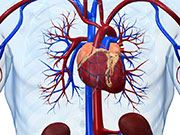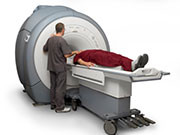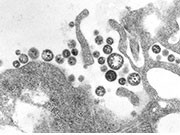May 2015 Briefing – Emergency Medicine
Here are what the editors at HealthDay consider to be the most important developments in Emergency Medicine for May 2015. This roundup includes the...
Weight-Based Enoxoparin Dosing Best for Obese After C-Section
Weight-based dosing more effective than BMI-based dosing for venous thromboembolism prophylaxis
Catheterization Increasing for Seniors With STEMI
Drop in proportion of older adults with STEMI not receiving cardiac catheterization, PCI
AMA: Physicians Driving the Slowing of Health Care Costs
Physicians' spending grew more slowly over 2003 to 2013 than hospital and clinical spending
Caution Urged When Using EHR Shortcut Features
Information should be checked and updated to avoid cloning and up-coding
Many Incidental Findings From CT Angiography for Suspected PE
Value of incidental diagnoses unclear
CDC: U.S. Traveler Returning From Liberia Dies of Lassa Fever
Only sixth known case in United States since 1969, but virus is much less deadly than Ebola
AMA: Avoiding Distress in Medical School
Drivers of distress include unsupportive learning environment, mistreatment, debt
Sexual Assault at ‘Epidemic Levels’ Among College Women
Many raped when incapacitated by drugs or alcohol, researchers find
CDC: Raw Tuna Suspected As Salmonella Source in Outbreak
At least 53 people in nine states have fallen ill, while 10 have been hospitalized, agency reports



















